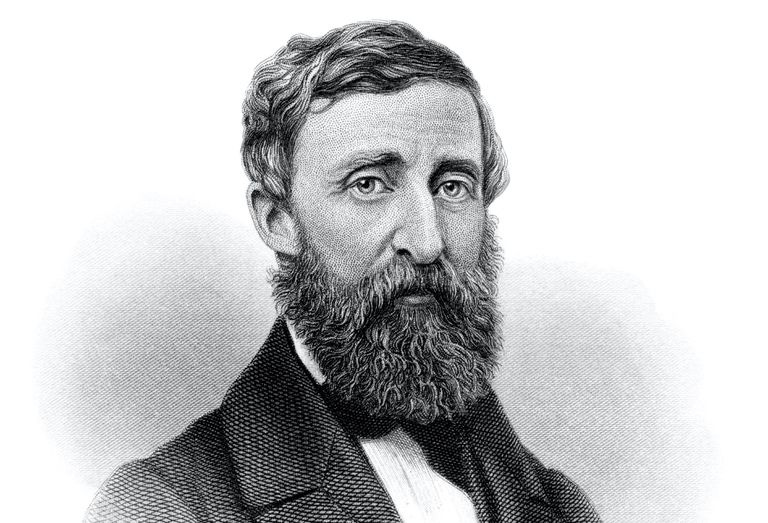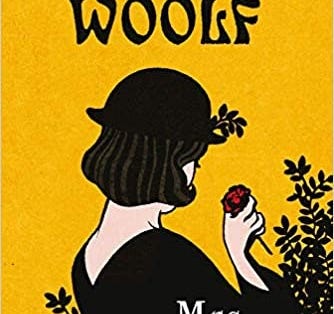Dear readers, today is a special day. It marks the 30th short essay and 6 months of Wait! Just Listen. We’ve sailed past the 800 subscriber mark and I’m eternally grateful to be able to grow this body of work with you. As always, I humbly ask that if you enjoy these writings and would like to receive them hot from the press, please subscribe and spread the word.

My heartbeat quickens as I scroll past the daily news headlines, each laden with a haunting subtext on humanity’s journey into apocalyptic ruin. Political upheavals, senseless violence and crumbling economies. There is no nuance in any of these articles, only dramatic declarations of anguish and despair. The subtle ticking of my bedside clock in the background seems eerily symbolic of an impending finality. What this finality entails exactly, I’m not sure.
Collectively, ‘news’ stories are perilous by-products of our era. They are engaged in a perverse and unspoken competition for the ultimate doomsday crown - a brooding threnody for lost freedoms and general carefreeness. From the latest escapades of the now infamous spiked-protein (whose scientific name I’ve made a point to never mention in this newsletter) to the shambolic state of human welfare in Afghanistan, these stories continue to unabashedly capture the world’s collective misery, in return for clicks. It is an unfair transaction. I didn’t ask for this. But I can’t stop reading.
There is an almost masochistic quality to doomscrolling. I suppose it could possibly originate from our instinctual gravitation towards the sensational and dramatic, within a rapidly shifting information landscape. Or maybe it stems from an expansive longing for meaning, for orienting ourselves in this vibrating universe of interconnectedness that we call reality. Either way, we quickly find ourselves trapped in a news cycle that holds our minds hostage to the ravages of global suffering and pain. But there is a way out of this perpetual spiral of decline. Oh yes, there is indeed. And no, it doesn’t involve a self-imposed media detox.
Many eons ago, I chanced upon Henry David Thoreau’s brilliant manifesto on “the spirit of sauntering”, in his ennobling treatise, ‘Walking’. As a then newly minted academic, his words had a powerful poignancy for me. Thoreau argues that optimal knowledge seeking involves discovery with measured detachment, where one is able to keep sauntering through all forms of news without obsessively ruminating on any single one. Thoreau is careful to point out that the walking he extols is a spiritual endeavour undertaken for its own sake.
But how does one ‘walk away’ (saunter) from knowledge that is acquired?
Thoreau sheds his wisdom on this very question by asserting that to walk away is to be ‘usefully ignorant’. I was, upon first reading of this concept, somewhat flummoxed at the suggestion that knowledge could be left intellectually unperturbed by the human mind. As human beings, processing knowledge is part of self-preservation and empathy. It feels unjustifiably shallow and naïve to insulate oneself from global suffering and chaos - to remain enclosed in a self-constructed bubble.
But through deeper pondering (in what is rather ironically antithetical to sauntering!), it finally hit me:
‘Useful ignorance’ is to understand something whilst preserving its inherent mystery, resisting the urge to oversimply, over-sentimentalise or shoehorn its point of difference into one of the many ideological buckets on offer (e.g. ‘liberal’ ‘conservative’ etc). It doesn’t imply apathy or disinterest. Thoreau’s concept simply suggests an alternative type of literacy to how we engage with the news.
Ultimately, ignorance is a gift because it is pregnant with possibilities and adventures, where nothing is really off limits. You can’t define a reality that you know very little of or have minimal preconceived ideas about. There is an evergreen and rejuvenating quality to learning and ignorance is at the heart of it.
In one particularly incisive passage in ‘Walking’, Thoreau considers our blind cult of concrete answers — something arguably exacerbated today, in an age when we continually mistake information for wisdom — and writes:
We have heard of a Society for the Diffusion of Useful Knowledge. It is said that knowledge is power, and the like. Methinks there is equal need of a Society for the Diffusion of Useful Ignorance, what we will call Beautiful Knowledge, a knowledge useful in a higher sense: for what is most of our boasted so-called knowledge but a conceit that we know something, which robs us of the advantage of our actual ignorance? What we call knowledge is often our positive ignorance; ignorance our negative knowledge. By long years of patient industry and reading of the newspapers … a man accumulates a myriad facts, lays them up in his memory, and then when in some spring of his life he saunters abroad into the Great Fields of thought, he, as it were, goes to grass like a horse and leaves all his harness behind in the stable.
With his penchant for evocative metaphor, Thoreau illustrates this alternative way of knowing the world:
I would say to the Society for the Diffusion of Useful Knowledge, sometimes, — Go to grass. You have eaten hay long enough. The spring has come with its green crop. The very cows are driven to their country pastures before the end of May; though I have heard of one unnatural farmer who kept his cow in the barn and fed her on hay all the year round. So, frequently, the Society for the Diffusion of Useful Knowledge treats its cattle.
There is as Thoreau so masterfully expounds, a profound cost in obsessively holding on to knowledge as a defined world-view. Instead, all knowledge is transient in that it explains a perception of reality at a particular time under a specific set of assumptions.
Why then are we so fixated with allowing the news of the day to simmer and marinate in our conscience? It seems like a futile exercise given the relative impermanence of knowledge itself.
I suspect the key to sauntering through the news lies in knowing that there are no solutions or closed narratives to the vagaries and surprises that reality churns upon us. Endless pontification and emotional identification with news events may open more chapters than it closes.
Perhaps the most prescient point in all of this is in how we should read the news; with a mindset of presence rather than productivity. There is no prize for knowledge accumulation apart from the ‘street-cred’ of being in-the-know, nor is there any value in obsessively bathing in stories of pain and suffering beyond being a sucker for sensationalism .
News consumption should ideally, in other words, be treated as a paradox - to internalise and dispel simultaneously, as we maintain a ‘useful ignorance’ across every aspect of our waking life. Only then is there critical distance for a composed evaluation of reality.
Doomscrolling would be a form of ‘sauntering’ if it was devoid of sustained emotional investment and anxiety. But it isn’t. Gallons of ink have been spilt and billions of dollars earned from seeding doubt, thrill, uncertainty, pain and panic, and we struggle to extricate ourselves from the narrative. Removing media from our diet isn’t a realistic long-term proposition. This propensity for doomscrolling requires a more enduring fix.
Maybe it is time to adopt a different tact. Maybe it is time to think of news and its accompanying miseries as passing rogue fragments of reality rather than sincere representations of our existence. Maybe it is time to put away that ticking clock and embrace the spirit of sauntering and useful ignorance.
Before you go, here are a few links to my past essays that have made the rounds on Twitter lately:







